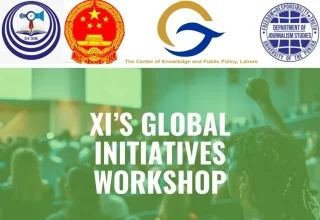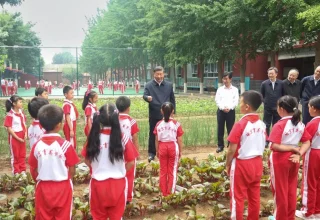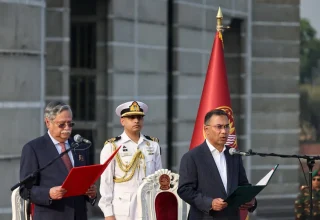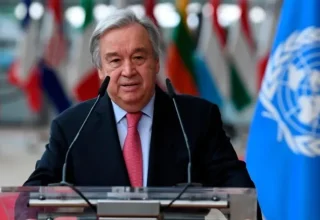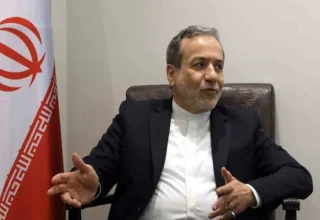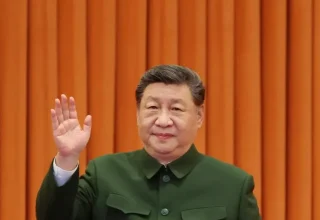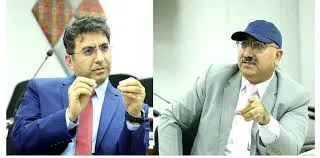
The Pakistan Institute of Development Economics (PIDE) and the Pakistan Institute of Education (PIE) convened a high-level brainstorming session to deliberate on one of Pakistan’s most pressing educational challenges, the urgent need to reform the national curriculum to make it more inclusive, coherent, and relevant to learners’ needs.
The session, attended by senior education experts, researchers, and policymakers, served as a platform for evidence-based dialogue on the current shortcomings of the national curriculum and possible pathways for improvement. Dr. Nadeem Javaid, Vice Chancellor of PIDE, and Dr. Shahid Soroya, Director General of PIE, represented their respective institutions and led the discussion on aligning education policy with on-ground realities and learning outcomes.
Participants agreed that Pakistan’s existing curriculum faces serious structural and pedagogical gaps. Feedback from teachers and educationists has highlighted content overload, unrealistic learning targets, and weak contextual alignment with students’ environments, particularly in government and low-cost private schools. Many classrooms across the country lack the necessary resources, teacher training, and infrastructure to deliver the curriculum effectively, resulting in rote-based learning rather than critical and creative thinking.
By contrast, elite schools with better facilities, digital tools, and trained staff are able to implement the curriculum more successfully, further widening the learning and opportunity divide between privileged and under-resourced learners. Dr. Nadeem Javaid noted that Pakistan cannot continue with a one-size-fits-all approach in education, stressing that the curriculum must reflect the diversity of learners, the socio-economic realities of different regions, and the future skills required in a changing world.
The session also reflected on the post-18th Amendment scenario, which devolved education and curriculum development to the provinces. While devolution has enabled provinces to tailor education policies according to local needs, it has also created challenges of fragmentation, inconsistency, and lack of national comparability. Dr. Shahid Saroya underlined that the goal is not uniformity but coherence, highlighting the need for a shared national vision that allows flexibility for provincial adaptation while ensuring equity and quality across Pakistan.
To address these challenges, the session discussed the need for a measured, participatory, and technically sound strategy. The proposal centers on two core instruments: a National Policy Framework for Curriculum Development and Review, and Minimum Standards for Curriculum Content and Learning Outcomes. The policy framework will outline guiding principles, governance mechanisms, and processes for curriculum design, review, and implementation across provinces, while the minimum standards will establish essential learning benchmarks to ensure that every child in Pakistan achieves core competencies, regardless of geography or school type. These proposed tools are aimed at balancing national cohesion with local relevance, ensuring a curriculum that is both equitable and adaptable to varying educational contexts.
Participants agreed that curriculum reform must be driven by data, evidence, and inclusive dialogue among key stakeholders. Institutions such as PIDE and PIE were seen as having a central role to play — combining policy research, academic insight, and practical education expertise to develop sustainable approaches. The session concluded with a shared commitment to continue collaboration toward advancing a curriculum that promotes child-centered, competency-based, and contextually responsive learning. Both institutions reaffirmed their dedication to supporting an education system that equips Pakistani learners with the knowledge, skills, and values needed for national development and global engagement.






